TOURISM EXPO - Explore Malawi's wilderness landscapes
The tourism expo is not just a promotional event—it’s a celebration of Malawi’s potential and a reminder that we, as Malawians, have so much to offer the world.
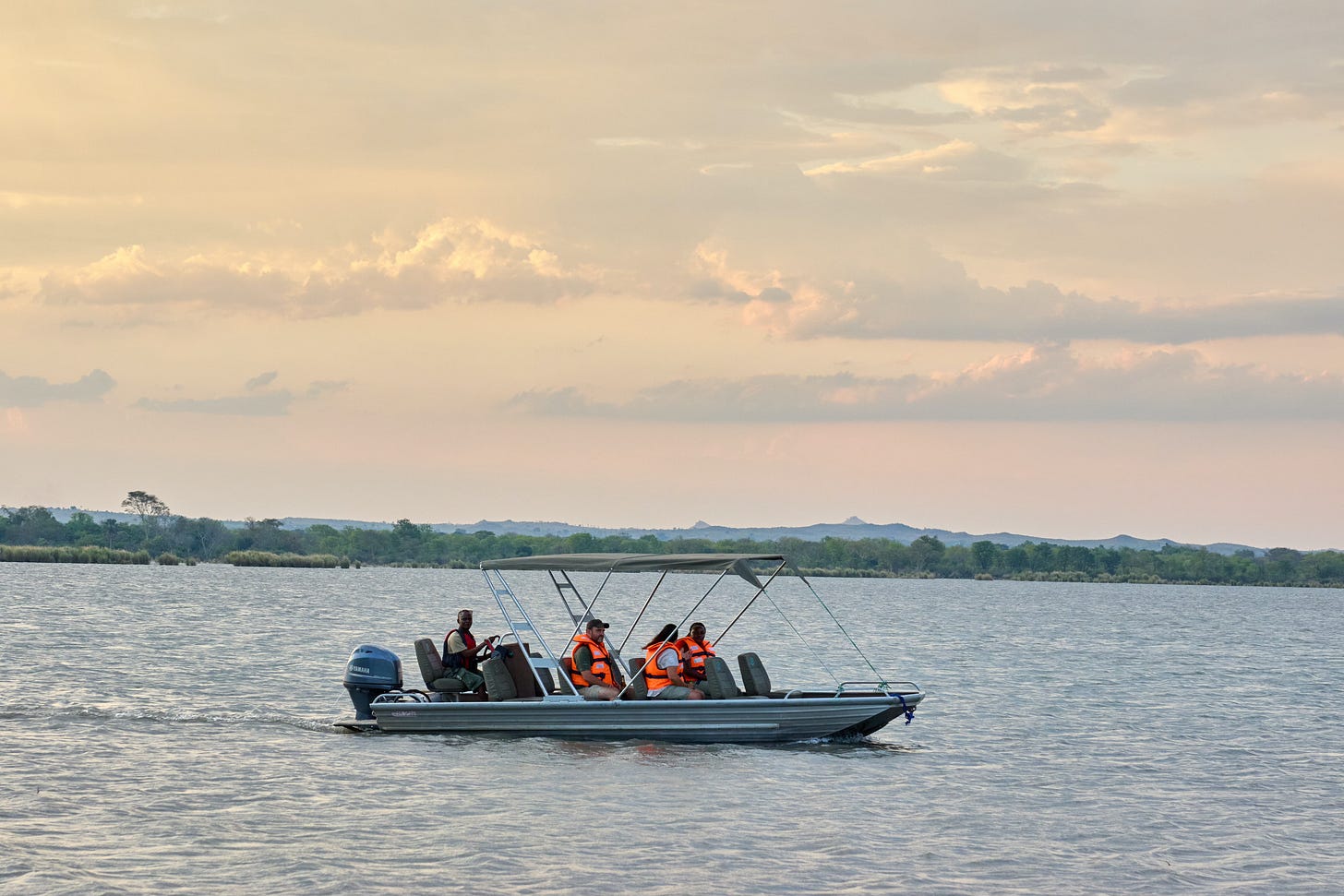
LILONGWE, Malawi (Planet Defence) — For many Malawians, the urge to travel abroad has always been strong—chasing far-off destinations in search of new landscapes, cultures, and experiences. However, Malawi, with its rich cultural heritage, diverse ecosystems, and incredible natural resources, is an untapped treasure just waiting to be explored.
This is the message behind this year’s Malawi International Tourism Expo, which officially opens today. The expo is not just a promotional event—it’s a celebration of Malawi’s tourism potential and a reminder that we, as Malawians, have so much to offer the world. The theme of this year’s expo, “Solidifying the Gains: Everything, Everyone, Tourism, speaks to the potential that tourism has in spurring economic growth while also preserving the environment and fostering community development.
In recent years, Malawi has been making notable strides in integrating tourism with other sectors like agriculture and mining. The country’s Vision 2063 aims to transform Malawi into a middle-income economy by leveraging sustainable development practices in sectors that matter most. Tourism is no exception, as it has the power to create jobs, attract foreign investment, and enhance the global profile of our natural assets.
Experience Liwonde wilderness
One of the shining examples of Malawi’s tourism revival lies within the Liwonde National Park, a place that has become synonymous with wildlife conservation efforts and sustainable tourism. If you haven’t been to Liwonde yet, I highly recommend it—there’s something incredibly humbling about spending time in a place that is as wild as it is serene. Liwonde offers visitors a chance to experience the true spirit of Malawi’s wilderness, with its vast landscapes, pristine riverbanks, and incredible biodiversity.
One of the park’s most striking features is the Shire River, which cuts through the heart of Liwonde like a lifeblood, providing sustenance to an array of wildlife species. From the deck of a boat ride, visitors can gaze upon herds of elephants drinking at the river's edge or watch crocodiles and hippopotamus basking in the sun. It’s the kind of experience that stays with you long after you leave. I remember my own boat ride there—it wasn’t just about seeing the wildlife; it was about connecting with nature on a deeper level. The sounds of the river, the rustling of trees, the calls of birds—it’s all part of the magic that makes Liwonde such a special place.
For those who prefer a more immersive experience, game drives are an excellent way to explore Liwonde’s diverse ecosystems. The park has an extensive network of game-viewing roads that allow visitors to see elephants, rhinos, lions, buffaloes, and a variety of bird species up close. Liwonde has recently upgraded its fleet with brand-new 4x4 Toyota vehicles, equipped with GD6 engines, which make for a smoother and safer experience.
These vehicles allow for better mobility in rugged terrain, ensuring that visitors can enjoy the park’s wildlife with ease and comfort. It’s a fantastic addition to what is already one of the country’s most pristine wildlife destinations.
Beyond the animals, Liwonde is home to some of Malawi’s most iconic flora, such as the Colophospermum mopane woodlands. These forests, with their distinctive mopane trees, are not only beautiful to behold but also support a thriving population of birds, including the Lilian’s Lovebird, a small, near-threatened parrot species. The combination of stunning scenery and abundant wildlife makes Liwonde a paradise for nature lovers and photographers alike.
Eco-Tourism efforts
Liwonde National Park stunning physical attractions like the Shire River, where visitors can enjoy exhilarating boat safaris and take in the breath-taking views of Chinguni Hill, riverine forests, floodplains, and savannah grasslands. Liwonde National Park and Mangochi Forest Reserve ecosystem complex is home to an incredible array of wildlife species, including the Big Five (elephants, lions, buffalo, and rhinos and a leopard sighted on camera trap on Mangochi Forest Reserve side) and over 400 bird species. Leopard sighting has been seen once on camera trap in Mangochi Forest reserve.
Beatrice Mwale, Tourism Manager for Liwonde explained that to cater for diverse tastes, they offer a range of hospitality services. Mwale who has amassed experience in the sector says, “guests can stay at our safari bush camp, Chinguni House, or camp at our designated campsite within the park. Our activities include guided safari drives, boat trips, and nature walks. To enhance our guests' experience, we've recently introduced two brand-new game safari vehicles. Additionally, we are renovating Chimwala Bush Camp to offer full-board services.”
According to Mwale, while they are committed to popular self-catering service, they have renovated Chinguni House to preserve its historical charm and cater for guests who appreciate this unique wilderness experience. This iconic house evokes nostalgic memories of Liwonde National Park's rich heritage that is untapped.

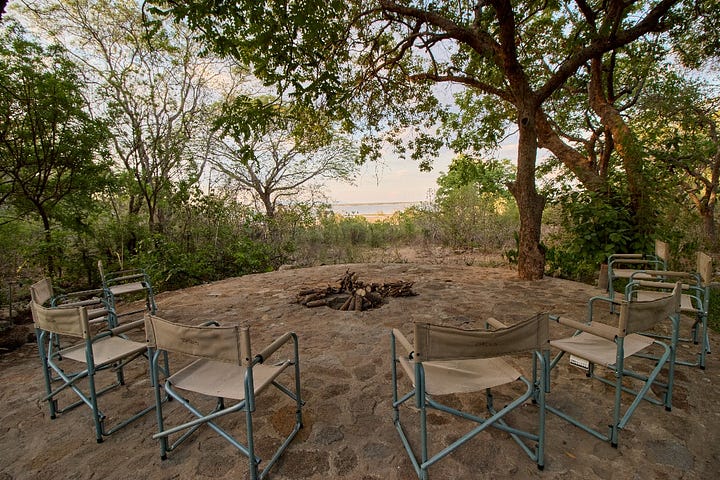
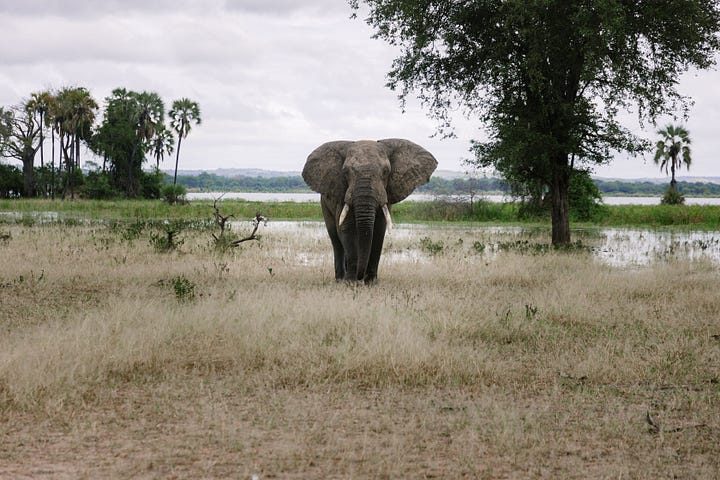
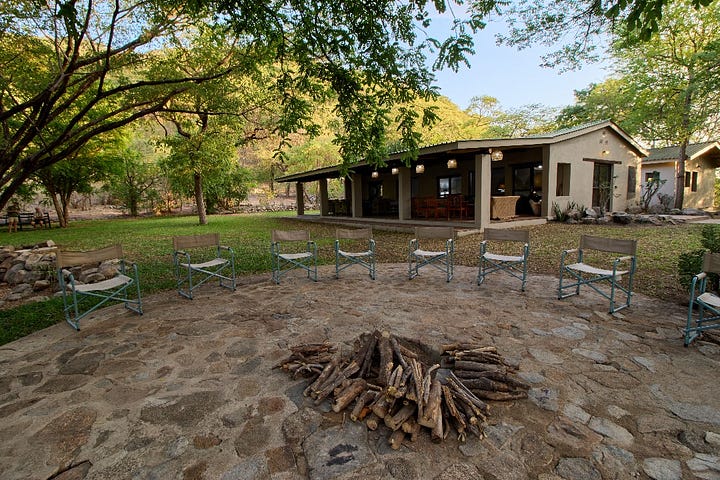
“The Malawi Tourism Expo presents a valuable opportunity for us to showcase Liwonde National Park's potential to visitors locally and internationally, tourism operators, and the public,” Mwale highlighted adding, “I'm confident that this platform will enable us to reach both domestic and international markets, highlighting the efforts of African Parks in preserving our beautiful park. As a Malawian, it brings me joy to see people from all regions appreciating the beauty of our national parks. Indeed, as the saying goes, "Tidziyamba ndife a Malawi!”.
Mangochi Forest another gem
Up north is another hidden gem: Mangochi Forest Reserve. While not as well-known as Liwonde, Mangochi has been undergoing a significant transformation in recent years under African Parks management. Once under threat from deforestation and degradation, the reserve has been fully fences and restored and is now part of a broader initiative to combine tourism with conservation efforts.
Today, Mangochi Forest Reserve is a shining example of how sustainable forestry management practices can help protect both the environment and the communities that depend on it. All this shows the power of partnership as African Parks is working with the Department of National Parks and Wildlife and Forestry Department together.
While the Malawi International Tourism Expo serves as a platform for showcasing these incredible destinations to the rest of the world, it also serves as a reminder for us, as Malawians, to reconnect with our heritage. We often talk about the need for sustainable tourism, but it’s equally important to remember that we are the first custodians of our land and its wonders. If we don’t take the time to explore our own country, how can we expect others to do so?
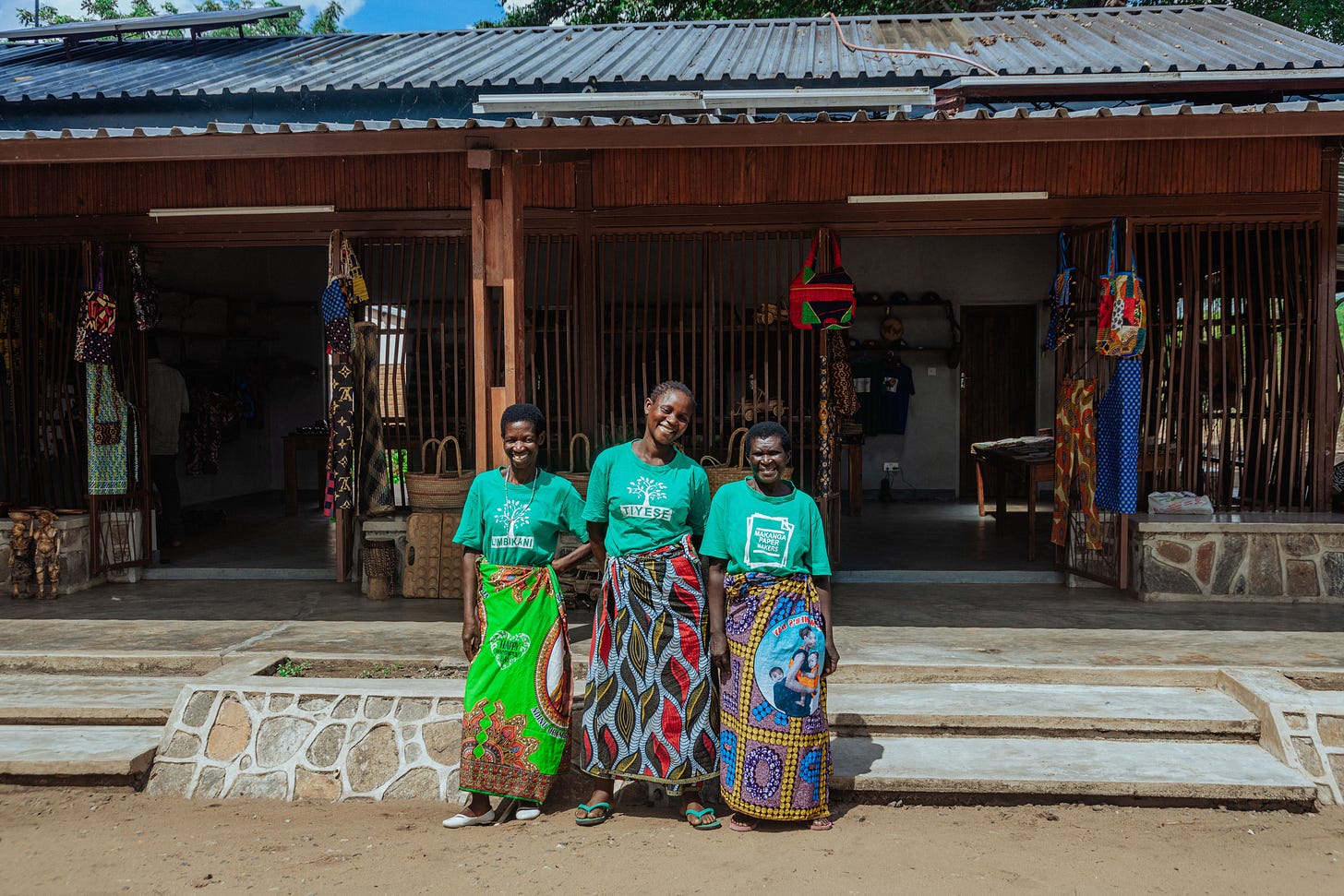
Whether it’s a boat ride on the Shire River, a game drive in Liwonde, or a tranquil walk through the restored forests of Mangochi, the opportunities for exploration are endless. And as tourism continues to grow in Malawi, it’s clear that it will play a central role in our country’s economic transformation.



